Education: Teachers
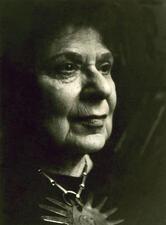
Ruth Leah Bunzel
Ruth Leah Bunzel began her career as anthropologist Franz Boas’s secretary, soon becoming an accomplished anthropologist herself. She broke new ground in her research the relationship of artists to their work and on alcoholism in two villages in Guatemala and Mexico.
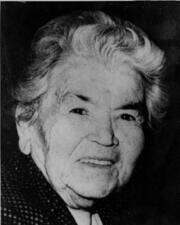
Hayuta Busel
As a widowed immigrant and young mother, Hayuta Busel fought to expand options for women in Palestine throughout her work on kibbutzim and in the women’s labor movement. Busel believed profoundly in the liberation of Jews, especially women, in the Hebrew language, and in the creation of a new model of family which would facilitate women’s liberation.
Ghitta Caiserman-Roth
Ghitta Caiserman-Roth was a well-known Canadian artist who showed her work in galleries in Canada and New York. Caiserman-Roth studied at Parsons School of Design, the École des Beaux-Arts, and at the American Artists’ School and won several awards for her artistic achievements. In her later years, she served on the Royal Canadian Academy of Arts council.
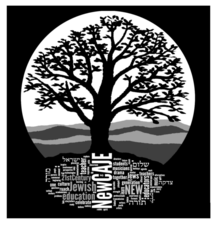
CAJE
CAJE—the Coalition for the Advancement of Jewish Education—brought together a diverse spectrum of the Jewish community. After CAJE folded in 2009, it was replaced by NewCAJE, which shares ideas and innovations, offers professional development across denominational and workplace lines, and builds a strong Jewish community.
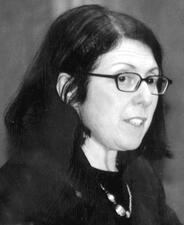
Canada: From Outlaw to Supreme Court Justice, 1738-2005
The positive aspect of the Canadian mosaic has been a strong Jewish community (and other communities) which nurtured traditional ethnic and religious values and benefited from the talent and energy of women and men restrained from participation in the broader society. The negative aspect has included considerable antisemitism and, especially for women, the sometimes stifling narrowness and conservatism of the community which inhibited creative and exceptional people from charting their own individual paths.
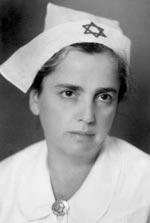
Shulamith Cantor
As director of the Hadassah School of Nursing in Jerusalem, Shulamith Cantor helped set the standard for nursing in Palestine.
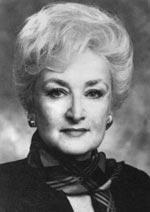
Shoshana S. Cardin
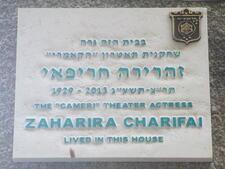
Zaharirah Charifai
Zaharirah Charifai was an influential Israeli actress who became nationally known in the role of Grusha in Brecht’s The Caucasian Chalk Circle, and from then on performed in dozens of plays at the Cameri and the Haifa Municipal Theater. In addition to stage acting, Charifai appeared in three successful solo performances, on the radio, and in several films.

Phyllis Chesler
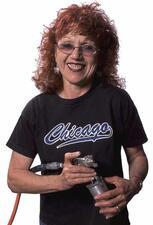
Judy Chicago
Hannah Chizhik
Hannah Chizhik was an advocate for women’s emancipation and she was committed to the women workers movement. She became an expert in vegetable farming, agricultural work, and domestic labor for the groups of women pioneers. In 1926 she established a women’s smallholding in Tel Aviv, which became an important center for pioneer youth.
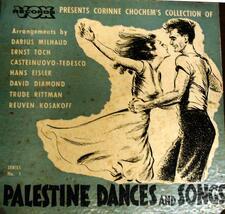
Corinne Chochem
Best remembered for her contribution to Jewish cultural life and for her unique ability to inspire those around her, Corinne Chochem had a distinct impact on Hebrew folk dance, both in her teaching and her two books, Palestine Dances (1941) and Jewish Holiday Dances (1948).

Hélène Cixous
Jewish-Algerian-French writer Hélène Cixous published her first book in 1967 and approximately her eighty-seventh in February 2021. This “life writing” comprises poetic fiction and autobiography, literary and feminist theory, art criticism, and theatrical works. Cixous explores the myriad contradictions and consequences of loss and exile, of “being Jewish” and “being a woman.”
Audrey Cohen
Audrey Cohen was the founder and president of Audrey Cohen College in New York City, which emphasized a purpose-oriented understanding of education. In 1964 she founded the earliest iteration of Audrey Cohen College, Women’s Talent Corps, which combined study with on-the-job training and greatly benefited low-income women.
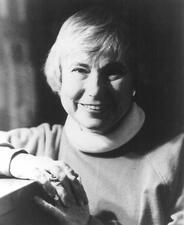
Barbara Cohen
When Barbara Cohen died, she left behind an exceptional body of children’s literature. Cohen was adventurous, seldom repeating herself, always trying new ideas, settings and themes. In her books, she confronted taboo subjects of assimilation, racism, and cancer with both sensitivity and remarkable honesty.
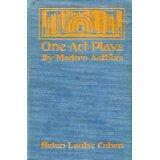
Helen Louise Cohen
Naomi W. Cohen
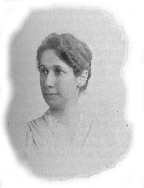
Nina Morais Cohen
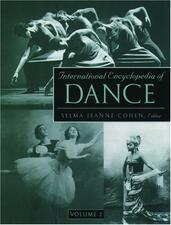
Selma Jeanne Cohen
It was Selma Jeanne Cohen’s mission in life to make dance scholarship a respected field, taking its place with the study of the other arts both in society and, particularly, the university. As a writer, editor, and teacher, she was a leader in transforming dance history, aesthetics, and criticism into respected disciplines. Cohen founded the Society of Dance History Scholars and received the first Dance Magazine Award ever given to a dance historian.
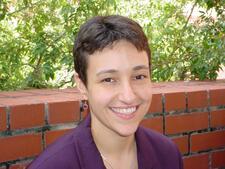
Tamara Cohen
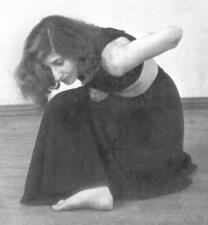
Yardena Cohen
Incorporating biblical themes and Sephardic music into her dances, Yardena Cohen helped create a uniquely Israeli artistic culture. Cohen opened her Haifa dance studio in 1933 and maintained it for some seventy years, stressing creative dance. She continued to teach well into her nineties and in 2010 was awarded the Israel Prize for Lifetime Achievement.
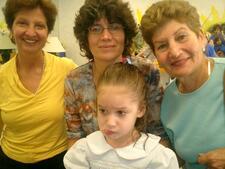
Dianne Cohler-Esses
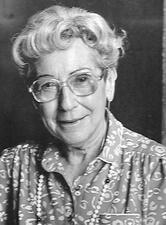
Mildred Cohn
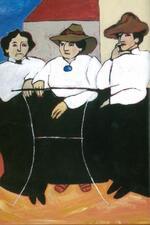
Claribel Cone
Claribel Cone was well known in her time for being a dignified and highly independent woman with two passions: medical research and collecting art and artifacts. She is immortalized in drawings by French modernists Pablo Picasso and Henri Matisse and in Gertrude Stein’s essay “Two Women.”


